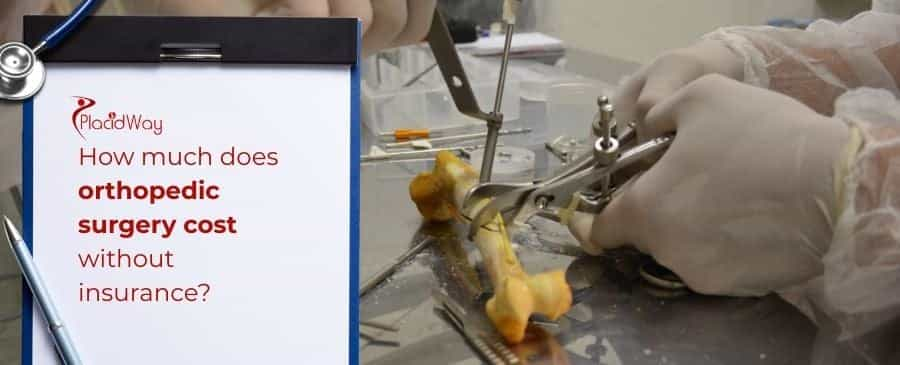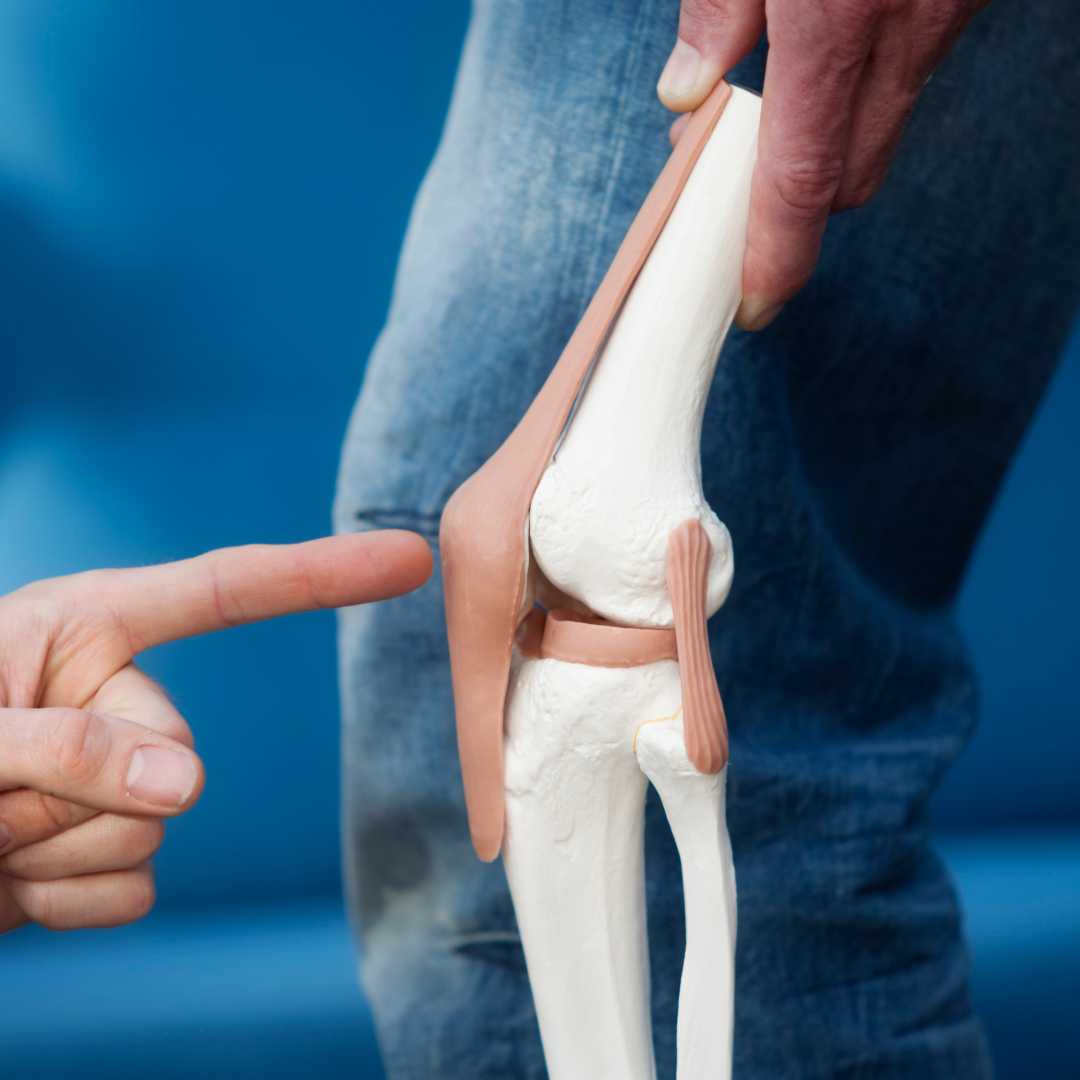How Much Does Orthopedic Surgery Cost Without Insurance?
Facing the need for orthopedic surgery is challenging enough, but facing it without insurance can feel overwhelming. The lack of price transparency in the healthcare system, particularly in the United States, can leave patients in the dark, unable to budget or plan for a critical, life-improving procedure.
The fear of a six-figure medical bill is a real and valid concern for the millions of people who are uninsured, underinsured, or have high-deductible health plans. The good news is that you are not without options.
What is the cost of common orthopedic procedures without insurance?
The price for the same procedure can vary by tens of thousands of dollars depending on the hospital and city. The prices listed below are estimated ranges for the total "cash price" or "self-pay" cost in the United States.
| Procedure | Estimated Cost Range in the U.S. (USD) |
|---|---|
| Total Knee Replacement | $35,000 - $75,000 |
| Total Hip Replacement | $30,000 - $70,000 |
| ACL Reconstruction | $20,000 - $50,000 |
| Rotator Cuff Repair (Arthroscopic) | $20,000 - $40,000 |
| Spinal Fusion (Lumbar) | $80,000 - $150,000+ |
These prices are often negotiable, especially when you offer to pay upfront.
What are the main components of an orthopedic surgery bill?
When you receive a bill for surgery without insurance, it's not a single line item. It's a bundle of different professional and facility services. Understanding these components is key to negotiating the price.
- Hospital/Facility Fee (50-60% of total): This is the biggest charge. It covers the use of the operating room, the recovery room, a hospital room for your stay, nursing care, medications administered at the hospital, and all sterile supplies.
- Surgeon's Fee (20-25% of total): This is the payment to the orthopedic surgeon for their expertise and for performing the actual procedure.
- Anesthesiologist's Fee (10-15% of total): This is a separate bill from the anesthesiologist who monitors you during the surgery.
- Implant/Hardware Cost: For joint replacements, this is the cost of the actual prosthetic knee or hip, which can be thousands of dollars. For fracture repairs, it's the cost of plates and screws.
- Diagnostics: Pre-operative MRIs, X-rays, and lab work are also part of the overall cost.
What are 'cash-pay' or 'self-pay' discounts?
Hospitals and doctors offer these substantial discounts because it saves them a huge amount of administrative work and eliminates the hassle of dealing with insurance companies, which often delay or deny payments. By paying directly, you become a much more attractive customer. You should always ask for the cash-pay price upfront.
Never assume the first price you are quoted is the final price. Call the hospital's billing department and the surgeon's office and state clearly, "I am a self-pay patient and would like to know your discounted cash price for this procedure." This single question can save you tens of thousands of dollars.
Is medical tourism a good option for affordable orthopedic surgery?
For many uninsured Americans, traveling abroad is the most realistic path to affordable, high-quality orthopedic care. A knee replacement without insurance that might cost $40,000 in the U.S. can often be performed for $12,000 - $18,000 at a top international hospital. This all-inclusive package price often includes the surgery, hospital stay, and sometimes even the hotel for recovery.
The key is to choose an internationally accredited hospital (look for JCI accreditation) and a board-certified surgeon. Many surgeons in top medical tourism destinations completed their training in the U.S. or Europe and use the exact same implant brands (like Zimmer Biomet or Stryker) that are used in American hospitals.
What are the 'hidden' costs I need to budget for?
Your budget needs to extend beyond the day of surgery. Be sure to account for:
- Physical Therapy: This is a critical part of your recovery and can cost thousands of dollars over 2-3 months.
- Pre-op MRI/CT Scans: These are often required before a surgeon will even consult with you and can cost $500 - $2,000 out-of-pocket.
- Medications: You will need prescription pain relievers and other medications after you leave the hospital.
- Lost Wages: Recovery from major orthopedic surgery can require 4-12 weeks off from work, which represents a significant financial impact.
- Travel Costs: If you opt for medical tourism, you must budget for flights and accommodation.
Are Ambulatory Surgery Centers (ASCs) cheaper than hospitals?
ASCs are specialized facilities that only perform outpatient surgeries, meaning you go home the same day. For healthier patients undergoing procedures like ACL reconstruction, rotator cuff repair, or even some partial knee replacements, an ASC can be a fantastic way to save money.
They don't have the massive overhead of a 24/7 hospital, so their facility fees are much lower. Ask your surgeon if your procedure can be safely performed at an ASC to access these potential savings.
Finding high-quality, affordable orthopedic care without insurance is possible. Placidway is a global leader in medical tourism, connecting patients with a network of world-class, accredited hospitals and surgeons who offer transparent, all-inclusive pricing. Explore your options and get a free quote for your procedure today.



.png)

-Treatment-Package-in-Izmir,-Turkey.png)







Share this listing